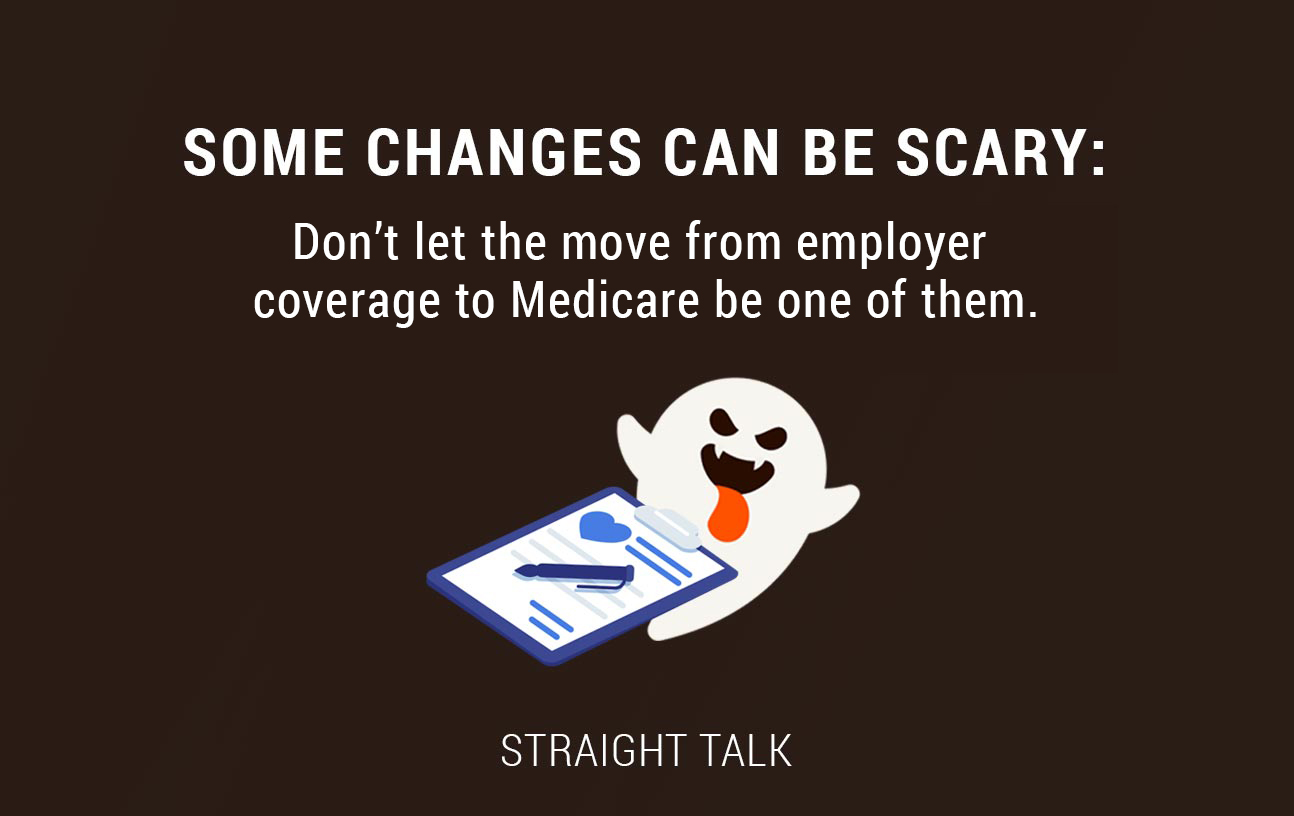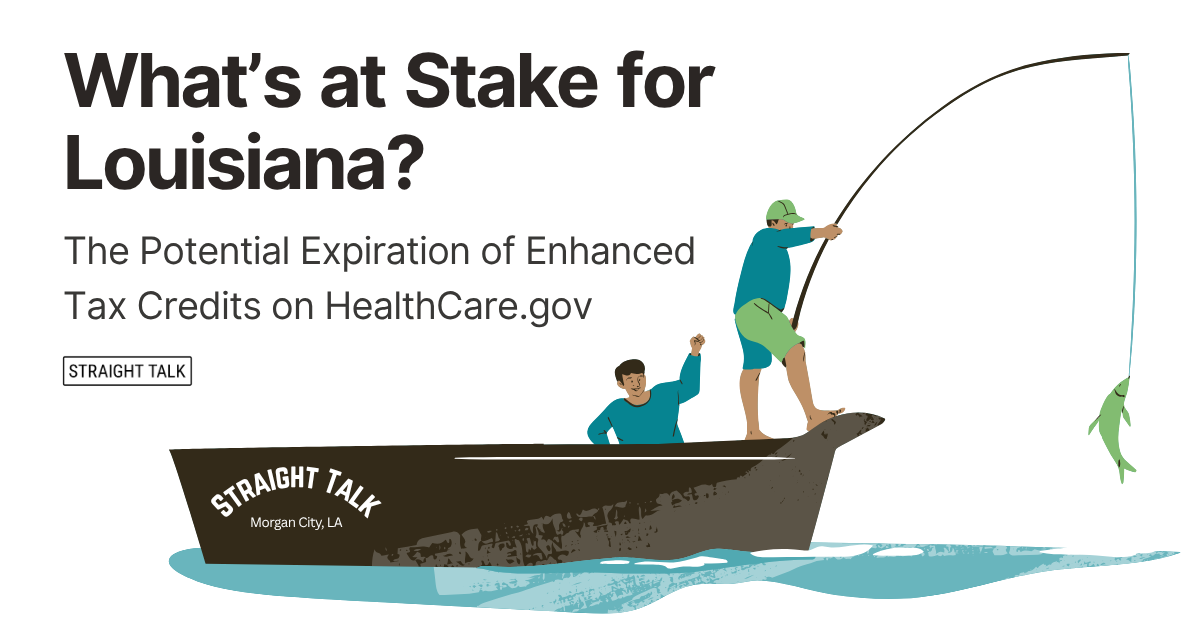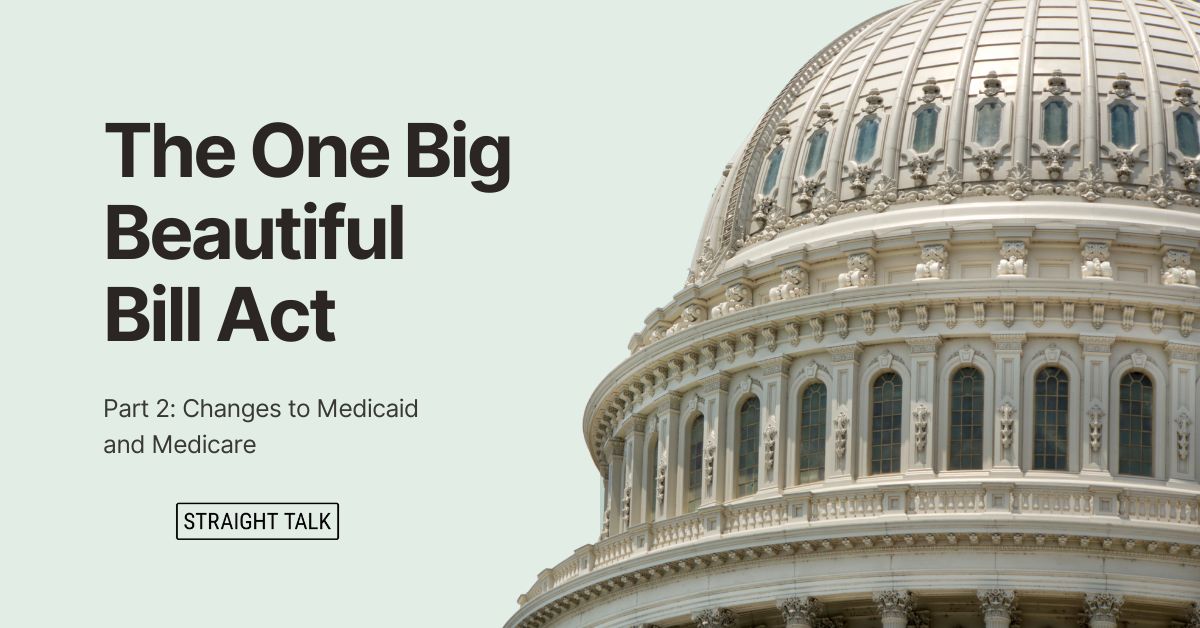Now that I’m in my 57th year, I have a ton of slightly older peers who are making the move out of the workforce to semi- or fully retired status.
While most of the people I know are overjoyed to be retiring, there is always that little bit of apprehension behind the joy.
What Happens Now?
A few weeks ago, I was visiting with some friends and one of them (Betty) introduced me to her friend; let’s call him “Burt.”
Burt was concerned. He’s 62 and will be moving onto Medicare in a few years. That day, he had no idea what that meant for him. Like many of us, Burt has had private health insurance through his employer for 40+ years, and so he was well-versed in its strengths and weaknesses.
“But moving from my work plan to government health insurance scares the crap out of me!” he said. “What with all the news and repealing Obamacare and everything costing so much, it makes me afraid to actually retire!” he exclaimed.
OH, I’ve heard this before. Many times. Burt is certainly not alone in his fears.
The reality is, like all health insurance programs, Medicare (which Burt can join when he turns 65) has its strengths and weaknesses, and of course, its complexities.
“Betty says you work for Blue Cross, and you’re some kind of expert on this stuff, so tell me what to do!”
You’ve Got Options
Well, I’m not going to tell him (or anyone) when it’s time to retire. But, I did outline what that transition was likely to be for him and what his options will be at that time. While I was doing that, I was making a mental checklist, and for once in my life, remembered to write MOST of it down later that night. You can decide for yourself if the options I laid out for Burt will work for you, if/when you are considering retirement.
First, it’s important to know whether your employer has a health plan for retirees and what the options are. I’ve seen employers who do everything from full-blown health insurance after folks turn 65 to just offering a zero premium Medicare Advantage plan or covering the premium of a Medicare Supplement. If you don’t know what those are, or how they work, stay tuned. Rule #1 is always, check with your employer first to see what retirement health plan options are offered.
Second, an increasing number of employers are either scaling down or eliminating their retiree offers of health coverage, so a good understanding of Medicare is becoming MORE important than ever.
I told Burt that if his employer didn’t have a plan, or if he wasn’t eligible for an employer plan, then he was going to need to understand more about how Medicare works. So this is what I told him:
Three Parts of Medicare
Medicare has three parts, and many people don’t realize it’s actually three insurance policies when you break it down:
| Part Name |
Coverage |
Cost Sharing (2018) |
|
A |
Hospital, Hospice, Skilled Nursing, Home health, Non-Custodial Nursing Home Care |
$0 Premium (if worked 40 quarters) |
|
B |
Doctor Bills, Surgeries, Lab Tests, Durable Medical Equipment, Ambulance Services, Mental Health, Preventive Services |
$134 Premium (or more) |
|
D |
Prescription Drug Coverage |
$600/Year Premium (average) |
Beyond Basic Medicare
You can imagine Burt’s face when I started going through all this stuff, and the costs, and where his financial exposure would be. He asked me straight up, “How do people afford all the costs out of pocket when they really get sick?”
This is a smart thing to consider, since most of us will have our most expensive years, health wise, in our later years.
Well, I told him there are a few private plans you can wrap around Medicare that help with those things. Like Medicare Advantage (MA) plans that shift Medicare to private insurance companies and have federally specified caps on out-of-pocket spending. Last I checked, more than 20 million seniors were enrolled in MA plans.
I also told him about Medicare Supplement plans, which typically have higher premiums than MA plans, but can provide complete wraparound coverage for Part A/B (starting in 2020, enrollees have to pay the deductibles themselves). Another nearly 15 million seniors are enrolled in Supplemental plans that wrap around Medicare and help with coverage.
All told, out of around 56 million people on Medicare, almost two-thirds of them have some kind of private plan to fill in the gaps. “Burt,” I told him, “that doesn’t make things less complicated, but it does take some of the financial risk out when you get sick, and I figured that’s what you cared about the most!”
Burt agreed, and then Betty said, “Can we PLEASE talk about something else?” which I totally understand.
Getting older can be scary; transitions and change don’t make this more simple, but at this critical time of transition, it’s really important to have the best data you can get on your options.
So remember:
- Start with your employer plan for retirees
- Check with the Social Security Administration to find out your Medicare status (did you complete your 40 quarters of work?)
- Don’t forget about private options to fill in the financial gaps
And most of all:
- Don’t be afraid. There’s tons of data available to help you make good decisions as you get older, and you’ll have lots of company no matter which option you pick!
Straight Talk on aging! I’m looking forward to it!





Enjoyed this one a lot!
Great information! Thanks Mike.
Megan
Thanks Mike:
I’m turning age 65 and my wife is 62 and would like to stay on my employer plan.
My company has a BCBSLA Policy, can she stay on my employer plan while I move to Medicare coverage?
Kevin! Thanks for reaching out!
You should always direct queries about your companies health insurance coverage to your HR department first. Ultimately they have almost total control over who they cover and who they don’t cover and when. Start with them.